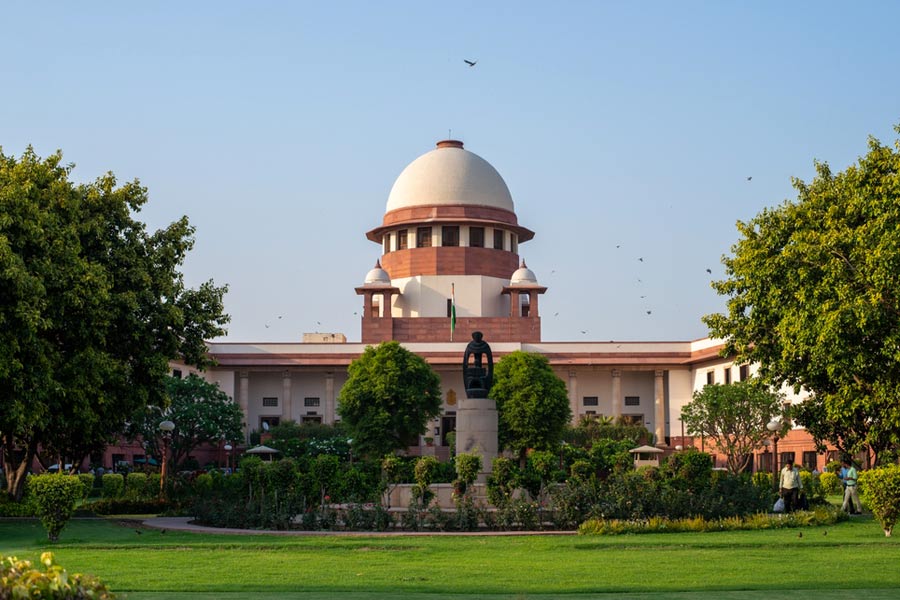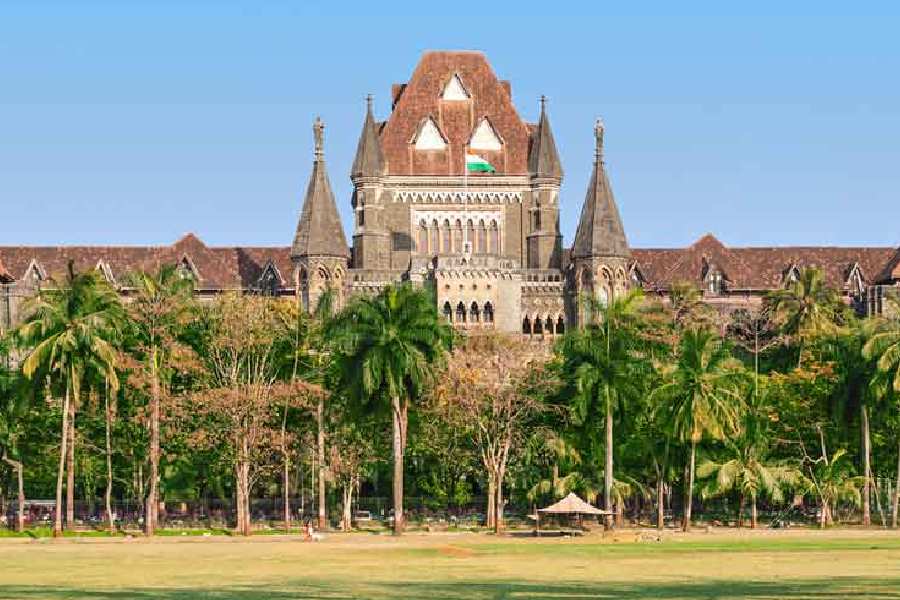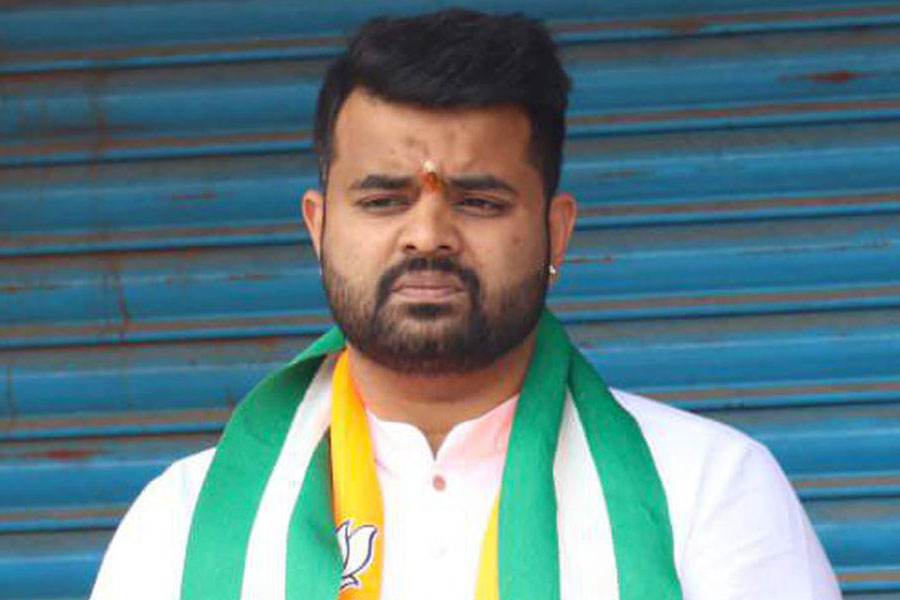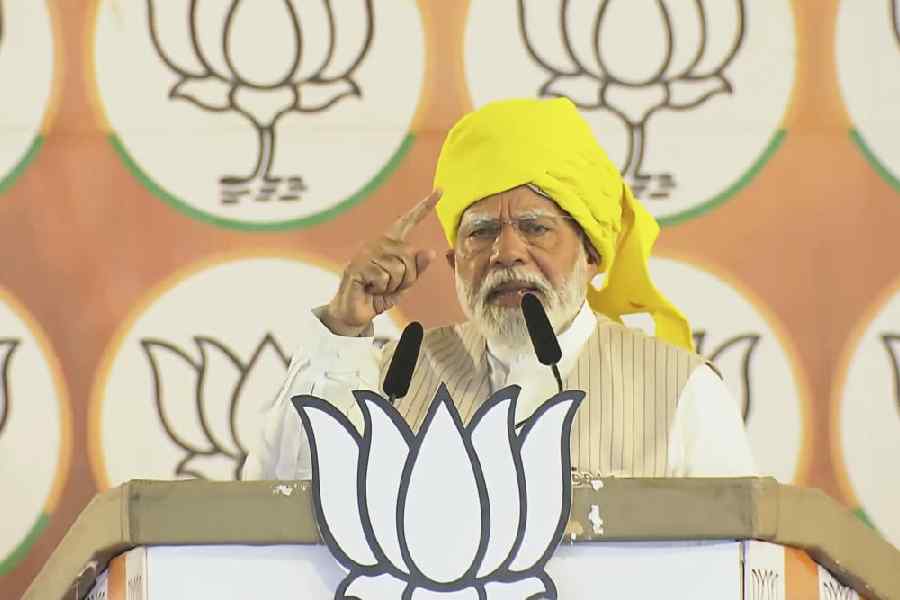Autonomy is a fragile concept in India. In an authoritarian society, the autonomy of young adults, of women and members of minority groups, is not understood or accepted. The Supreme Court of India interpreted privacy and autonomy to be part of the citizens’ fundamental rights. But that did not clear up society’s thinking on the matter, as occasional legal judgments indicate. Recently, the Delhi High Court was petitioned by a young couple seeking protection from their families which disapproved of their union. The Delhi High Court reportedly declared that an adult’s right to marry according to choice was ‘indelible’ and not even their families could intervene. The judge directed the Delhi Police to provide the petitioners protection; upholding a citizen’s constitutional right was the State’s duty. The clarity of this judgment, however, must be placed against a ruling by the Allahabad High Court immediately before it. This was also a case of a couple petitioning for protection, only they were not married. While denying protection to this interfaith live-in pair, the Allahabad High Court reportedly said that live-in relationships were a result of infatuation with no sincerity, just a way to pass the time. Unless a man and a woman could label their union a marriage, the court would ‘shun and avoid’ commenting on it.
The latter judgment does not lack in clarity either, but it is clear only in criticising pre-marital cohabitation as frivolous. Yet the Supreme Court has ruled more than once in ways that make live-in relationships acceptable, their children legitimate and legal inheritors of the parents and ensured that the women in such relationships are protected by the law against domestic violence. Hence the Allahabad High Court’s criticism may seem confusing to a citizen, to which would be added the puzzling difference in treatment meted out to the two petitioning couples by the two high courts respectively. Old social prejudices seem to blind families to the changes in society or the growing rate of divorce. That young people may baulk at that painful experience and may wish to test their compatibility first, that they are far from insincere but very serious instead, perhaps does not occur to them. While law and the courts cannot change society by themselves, congruent judgments can at least provide a scaffolding for the thinking to begin.










